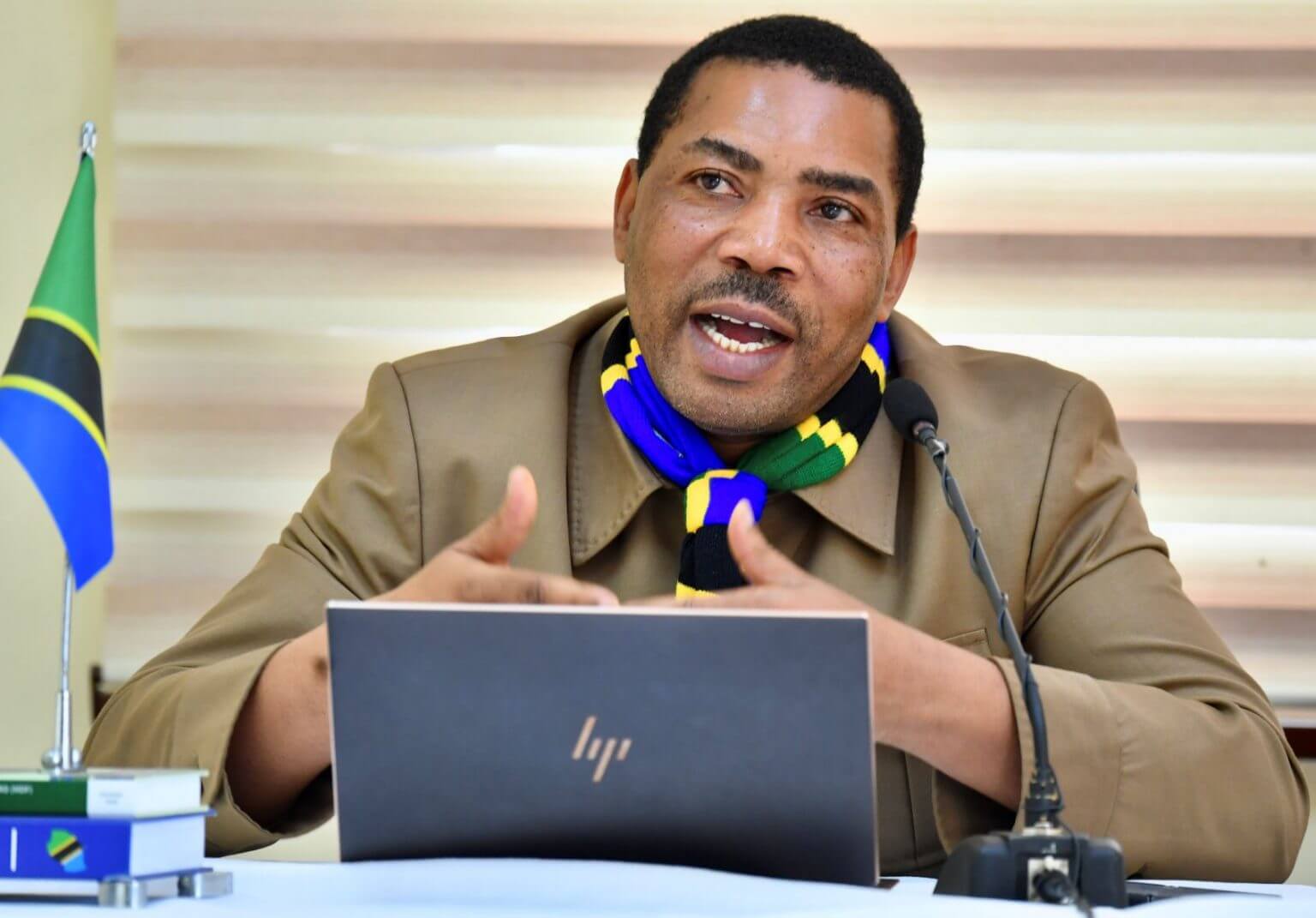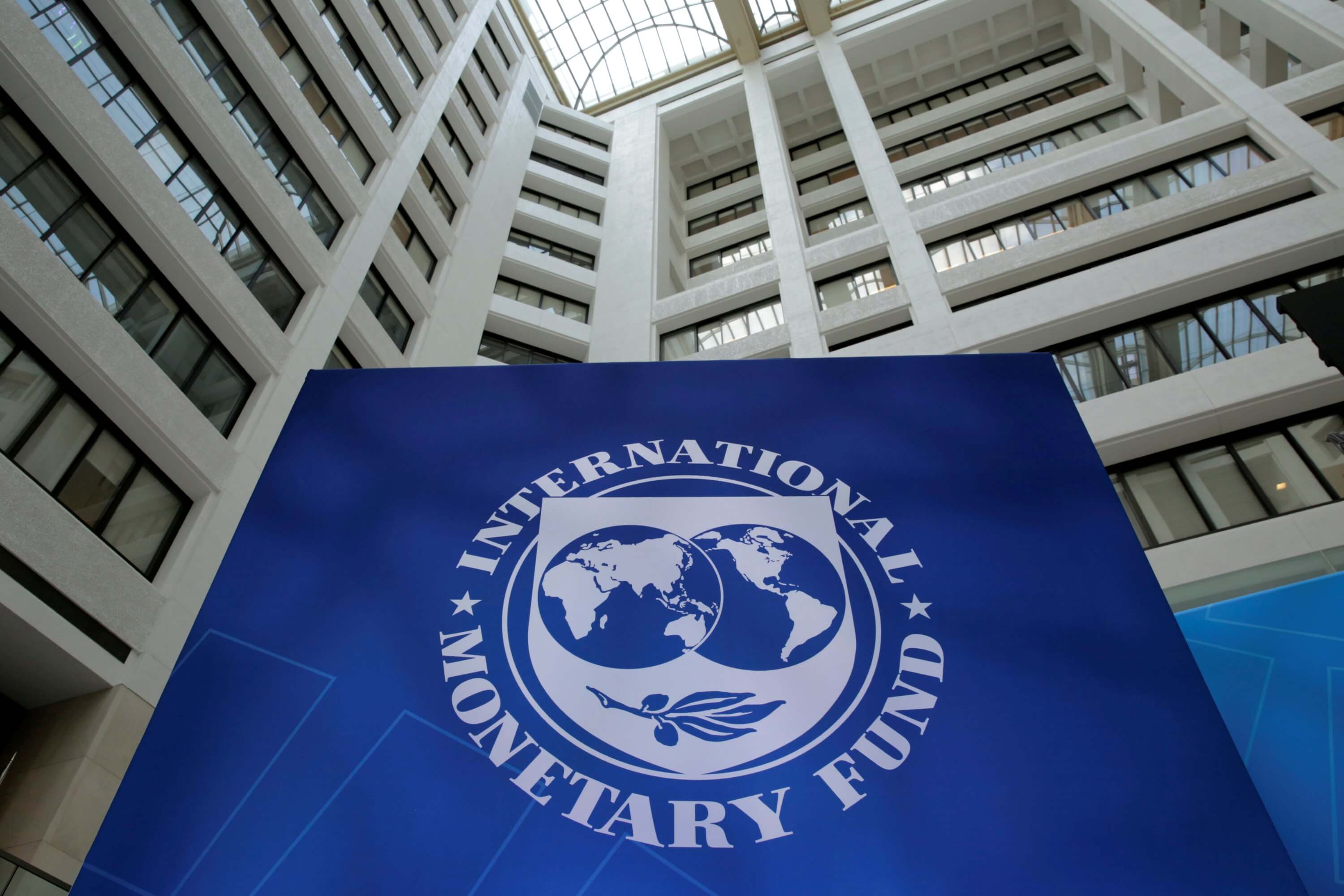The International Monetary Fund (IMF) Board has approved a SDR 795.58 million (about 1.05 billion) under the Extended Credit Facility (ECF) arrangement for Tanzania, with about US $151.7 million to be disbursed immediately.

The ECF arrangement follows Fund emergency support to Tanzania in 2021 equivalent to US$561.5 million with arrangement expected to catalyze additional bilateral and multilateral financial support.
A statement released by IMF seen by The Business Wiz yesterday said the 40-month financing package will assist Tanzania’s economic recovery and address the spillovers from Russia’s invasion of Ukraine, help preserve macroeconomic stability, and support structural reforms toward sustainable and inclusive growth, drawing on the government’s priorities.
Spillovers from the war in Ukraine are stalling the Tanzanian economy’s gradual recovery from the COVID-19 pandemic, exacerbating the country’s development and reform challenges to unleash its economic potential.
“The ECF arrangement is centered on supporting the economic recovery from the scarring effects of COVID-19 and coping with spillovers from the war in Ukraine; preserving macroeconomic stability; and advancing the structural reform agenda toward sustainable and inclusive growth. The program draws from the key priorities of the government’s Five-Year Development Plan,” the statement said
The IMF financial support is also expected to help stimulate private sector investment and catalyze financial support from development partners.
The IMF Deputy Managing Director and Acting Board Chair Bo Li, after the board’s decision commended the authorities for their economic response to the pandemic and the policies enacted to mitigate the spillovers from the war in Ukraine.
He noted that considerable development and reform challenges and external headwinds, including COVID-19 induced scars and the war in Ukraine, risk eroding hard-won economic gains.
He said that it was against this backdrop and recognizing Tanzania’s strong track record in reform implementation, that Directors supported the authorities’ requests for an ECF arrangement to meet pressing financing needs.
“They underscored that the Fund supported program would help catalyze additional external financing, support a gradual recovery while increasing social and development spending, and anchor the country’s National Development Plan. Directors also noted the importance of scaling up vaccination efforts,” he said.
He noted that Directors welcomed the authorities’ commitment to rebalance expenditure towards social spending and improve its efficiency and execution.
“They highlighted that creating additional fiscal space for priority spending requires raising government revenue, improving spending quality, and containing fiscal risks from SOEs, PPPs, and local governments. Ensuring that measures to cope with high fuel and food prices are targeted, temporary, and limiting non-concessional financing will also be important to preserve debt sustainability,” Li said.
Li said Directors also welcomed progress towards COVID-related transparency commitments and encouraged continued efforts in fiscal transparency and accountability and emphasized the importance of an integrated capacity development strategy to bolster far-reaching reform efforts.
“Directors welcomed the authorities’ commitment to tighten monetary policy as needed, while allowing exchange rate flexibility to cushion shocks. We look forward to further strengthening of the monetary policy framework and noted that a strong communication strategy would be needed,” he said.






